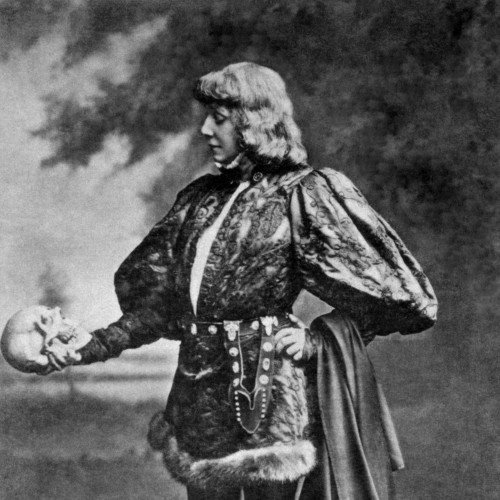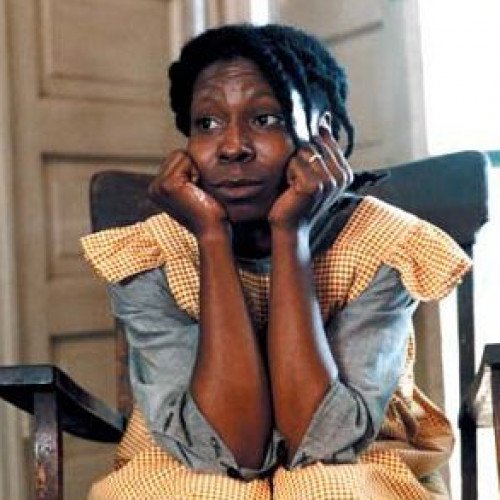"PRINCE HAMLET, HAMLET, WILLIAM SHAKESPEARE" vs "CELIE, THE COLOR PURPLE, ALICE WALKER"

PRINCE HAMLET, HAMLET, WILLIAM SHAKESPEARE
The Prince of Denmark, the title character, and the protagonist. About thirty years old at the start of the play, Hamlet is the son of Queen Gertrude and the late King Hamlet, and the nephew of the present king, Claudius. Hamlet is melancholy, bitter, and cynical, full of hatred for his uncle’s scheming and disgust for his mother’s sexuality. A reflective and thoughtful young man who has studied at the University of Wittenberg, Hamlet is often indecisive and hesitant, but at other times prone to rash and impulsive acts. The King of Denmark, Hamlet’s uncle, and the play’s antagonist. The villain of the play, Claudius is a calculating, ambitious politician, driven by his sexual appetites and his lust for power, but he occasionally shows signs of guilt and human feeling—his love for Gertrude, for instance, seems sincere. The Queen of Denmark, Hamlet’s mother, recently married to Claudius. Gertrude loves Hamlet deeply, but she is a shallow, weak woman who seeks affection and status more urgently than moral rectitude or truth.
Statistics for this Xoptio

CELIE, THE COLOR PURPLE, ALICE WALKER
As a young girl, Celie is constantly subjected to abuse and told she is ugly. She decides therefore that she can best ensure her survival by making herself silent and invisible. Celie’s letters to God are her only outlet and means of self-expression. To Celie, God is a distant figure, who she doubts cares about her concerns. Celie does little to fight back against her stepfather, Alphonso. Later in life, when her husband, Mr. ______, abuses her, she reacts in a similarly passive manner. However, Celie latches on to Shug Avery, a beautiful and seemingly empowered woman, as a role model. After Shug moves into Celie and Mr. ______’s home, Celie has the opportunity to befriend the woman whom she loves and to learn, at last, how to fight back. Shug’s maternal prodding helps spur Celie’s development. Gradually, Celie recovers her own history, sexuality, spirituality, and voice. When Shug says Celie is “still a virgin” because she has never had a satisfying sex life, Shug demonstrates to Celie the renewing and empowering capacity of storytelling. Shug also opens Celie’s eyes to new ideas about religion, empowering Celie to believe in a nontraditional, non-patriarchal version of God. Nettie’s long-lost letters, which Celie discovers with Shug’s help hidden in Mr. ______’s trunk, fortify Celie’s sense of self by informing her of her personal history and of the fate of her children. As her letters show, Celie gradually gains the ability to synthesize her thoughts and feelings into a voice that is fully her own. Celie’s process of finding her own voice culminates with her enraged explosion at Mr. ______, in which she curses him for his years of abuse and abasement. Mr. ______ responds in his characteristic insulting manner, but his put-downs have no power once Celie possesses the sense of self-worth she previously lacked. The self-actualization Celie achieves transforms her into a happy, successful, independent woman. Celie takes the act of sewing, which is traditionally thought of as a mere chore for women who are confined to a domestic role, and turns it into an outlet for creative self-expression and a profitable business. After being voiceless for so many years, she is finally content, fulfilled, and self-suf-ficient. When Nettie, Olivia, and Adam return to Georgia from Africa, Celie’s circle of friends and family is finally reunited. Though Celie has endured many years of hardship, she says, “[D]on’t think us feel old at all. . . . Matter of fact, I think this the youngest us ever felt.”